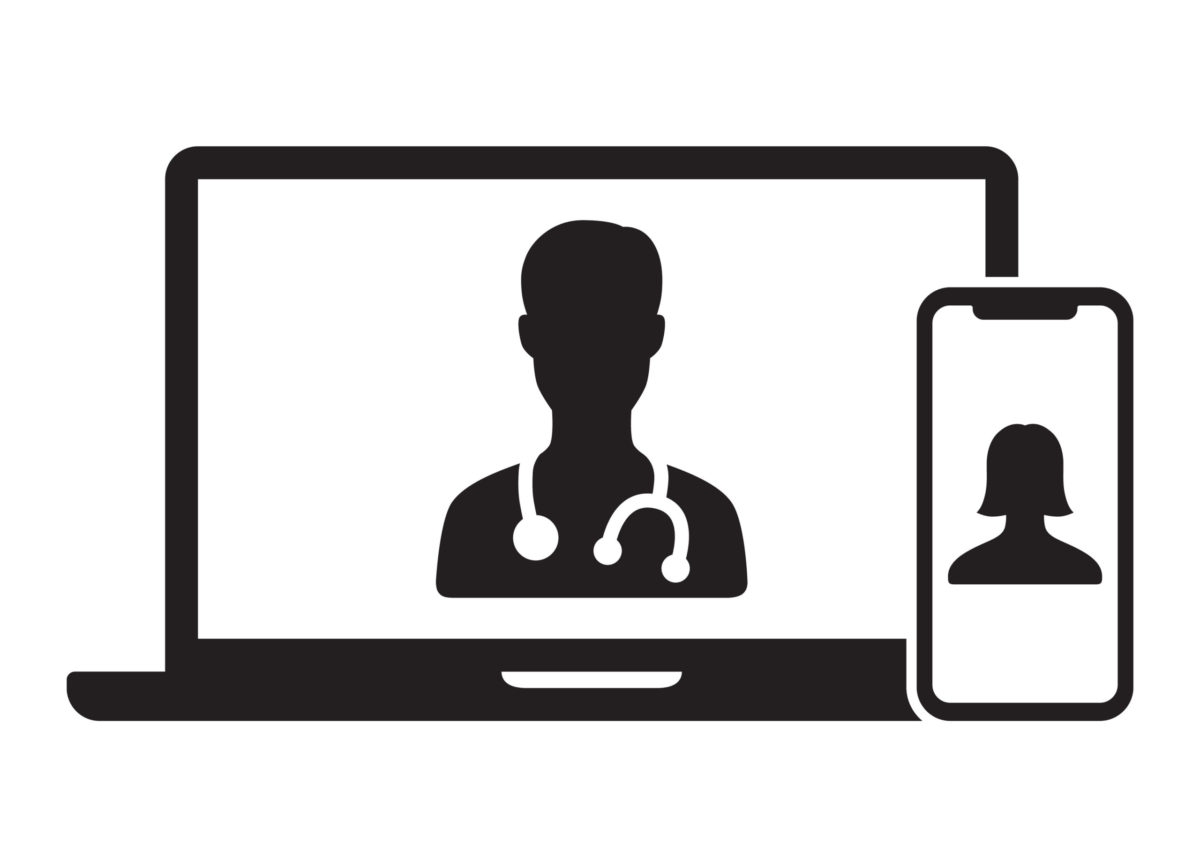Diagnosing in the Home will seek to examine the ethical, social, and legal challenges of digital home health products, with a focus on home diagnosis of infectious and chronic conditions.
January 27, 2021 – The Petrie-Flom Center for Health Law Policy, Biotechnology, and Bioethics at Harvard Law School today announced a new research initiative, Diagnosing in the Home: The Ethical, Legal, and Regulatory Challenges and Opportunities of Digital Home Health. This three-year project will seek to promote the translation of diagnostic medical services into home health care through regulatory and ethical frameworks. This initiative is generously supported by a grant from the Gordon and Betty Moore Foundation.
The COVID-19 pandemic has shown the value of moving health care out of the clinic and into the home. Barriers to access have been lowered as health care has shifted to focus on home care through telehealth, wearable sensors, ambient surveillance, and other products. Patients will increasingly interact with digital products from the start of their care, using wearable sensors to monitor changes in temperature or blood pressure, conducting home or self-directed testing before virtually meeting with a physician for a diagnosis, and then using smart pills to document their adherence to the prescribed treatment.
While the move towards digital home health predates COVID-19, the pandemic represents an opportunity to rethink the delivery of care, finally leaving the 20th century focus on the clinic and the hospital for a more modern model. Already, diagnostic services are more difficult to translate from the clinic to the home than ongoing or chronic care, leaving patients who do not have existing care relationships behind.
While the potential of digital home health is undeniable, like all technologies, there are ethical, legal, and regulatory questions raised by its adoption. Diagnosing in the Home will focus on articulating a regulatory and ethical framework for a 21st century approach to diagnosis, to enable clinicians and patients to use digital health technologies to the fullest.
“Digital health products hold a lot of promise for detecting and addressing health concerns early on, and expanding access to care by meeting patients where they are – in the home,” said Professor I. Glenn Cohen. “But in order to fulfill this promise, we must first address the ethical questions that digital home health diagnostics pose, and develop a regulatory approach tailored to these innovative tools. Our goal with Diagnosing in the Home is to do just that.”
The project seeks to answer important questions around access and equity, social interconnectedness, and patient privacy, such as: If digital home health requires a smartphone or other device as a prerequisite to use, to what extent will disparities in access to those technologies lead to disparities in health outcomes?; Will physicians be expected to monitor a never-ending stream of data from digital home health devices?; And how do we design home health products to reflect the importance of privacy while still utilizing the data generated by these products?
The project will accomplish its goals through a variety of methods. The team will consult interdisciplinary groups and panels to general ethical recommendations and best practices. The project team will also conduct an analysis of the regulatory landscape governing the development and implementation of these technologies and articulate a regulatory roadmap to a 21st century model of digital home health. Supporting this work will be virtual and in person events, digital symposia, podcasts, and other materials geared to a variety of audiences.
The Project is led by I. Glenn Cohen, Faculty Director of the Petrie-Flom Center and James A. Attwood and Leslie Williams Professor of Law, and Deputy Dean; with support from Carmel Shachar, Executive Director of the Petrie-Flom Center. The Petrie-Flom Center will shortly hire a fellow to assist on Diagnosing in the Home.
The Petrie-Flom Center for Health Law Policy, Biotechnology, and Bioethics at Harvard Law School is a leading research program dedicated to the unbiased legal and ethical analysis of pressing questions facing health policymakers, medical professionals, patients, families, and others who influence and are influenced by the health care system.
This research is supported by the Gordon and Betty Moore Foundation (grant agreement number 9974).
For more information, visit the Petrie-Flom Center online or contact Executive Director Carmel Shachar, Petrie-Flom Center, Harvard Law School, 617-384-5475 / cshachar@law.harvard.edu.
